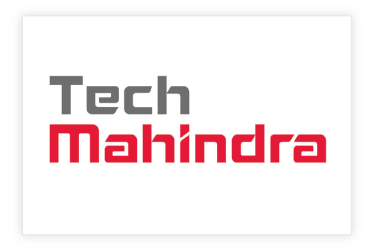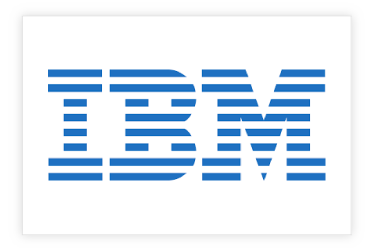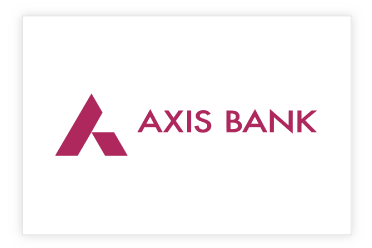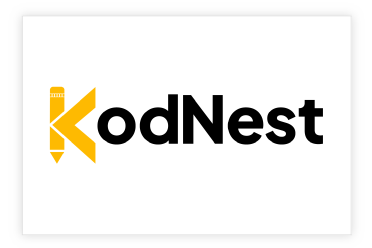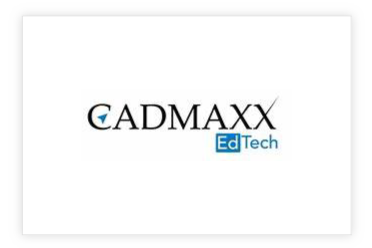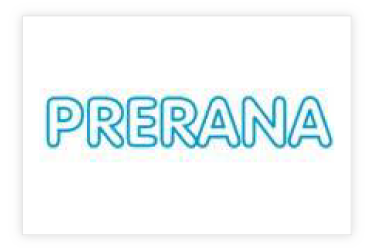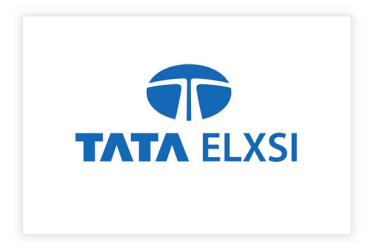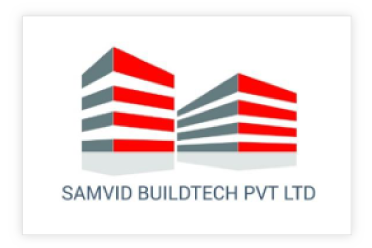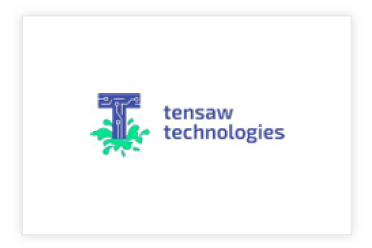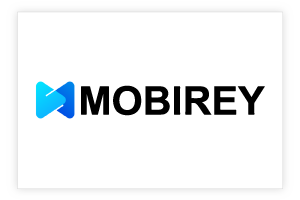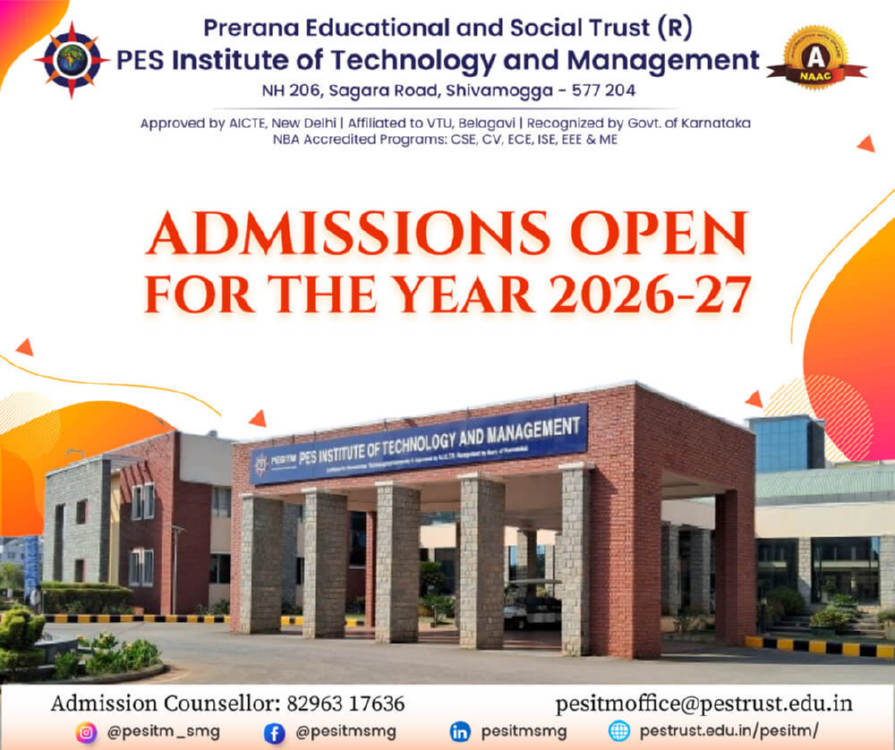Notifications
Approved by
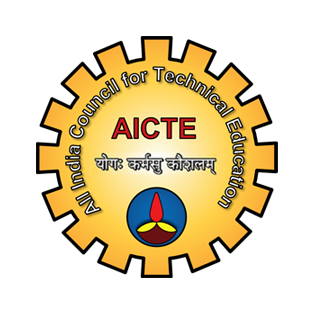
AICTE, New Delhi
Recognised by
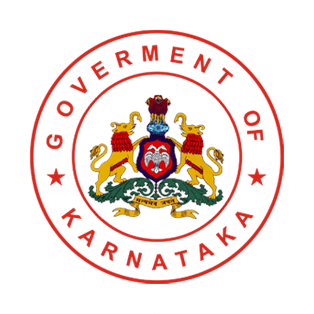
Govt. of Karnataka
Affiliated to
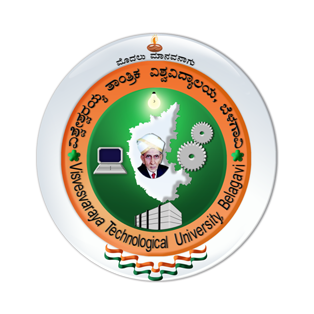
Visvesvaraya Technological University, Belagavi
Accredited by

Institute accredited by
"A" grade
Accredited by

NBA Accredited All Eligible Programs
(CSE, ISE, ECE ,Civil ,ME and EEE)
Welcome to PES Institute of Technology and Management
PES Institute of Technology and Management (PESITM) is nested in the serenity of the Malnad Region at Shimoga. The institute was established in 2007 on a 49-acre site on Sagar Main Road, Shivamogga. The institution is run under the auspices of Prerana Educational & Social Trust under the inspiring leadership of Late. Dr. M.R. Doreswamy Chairman of the premier PES Group of Institutions.PES Institute of Technology and Management focuses on delivering top-tier education in engineering, technology, and management. Our programs are designed to keep pace with industry trends, providing relevant and up-to-date knowledge. We ensure that students gain theoretical knowledge and hands-on experience and prepare students for successful careers.
We offer 10 Undergraduate Programs like Civil Engineering, Computer Science and Engineering, Electrical and Electronics Engineering, Electronics and Communications Engineering, Information Science and Engineering, Mechanical Engineering, Artificial Intelligence and Machine Learning, Computer Engineering, Computer Science and Engineering(Data Science), Computer Science and Design. The institute also offers two PG programs Master of Computer Application and Master of Business Administration, and provides Ph.D. research centres.
It is one of the country's premier institutes for higher education that has been achieving milestones year after year in every sphere of education viz Academics, Placements, Industry Interaction, Corporate Training, and Extracurricular Activities. It is a pioneer organisation for opportunities and academic education.
The institution is accredited by the NBA for 6 UG Programs (CSE, ISE, ECE, Civil, ME and EEE), and NAAC with an 'A' Grade. The institute is affiliated with Visvesvaraya Technological University, Belgaum, approved by the All India Council for Technical Education (AICTE), New Delhi, and Recognised by the Government of Karnataka.
Join us at PES Institute of Technology and Management to shape your future and become a leader in your field. Explore our programs, meet our faculty members, connect with our community, and embark on a transformative journey.
There are no upcoming news items.
There are no upcoming events.
There are no institutional events at the moment.
Courses Offered

Electronics & Communications Engineering
ECE
The Department of Electronics and Communication Engineering became functional with the establishment of the Institution in the year 2007.
Read More

Electrical & Electronics Engineering
EEE
EEE at PESITM, imparts a strong foundation in physical and mathematical sciences of electrical machinery, power systems and computational methods.
Read More

Information Science & Engineering
ISE
The Department of ISE established in the Year 2007 and offers Bachelor of Engineering Program and currently has an intake of 60 Students.
Read More

Computer Science & Engineering
CSE
CSE department imparts high quality technical education to its students with the help of its state of the art computing facilities.
Read More

Mechanical Engineering
ME
Mechanical Engineering (ME) is a very broad field that provides opportunities for interesting and challenging work in every phase of modern technology.
Read More

Civil Engineering
CV
At PESITM CE is the youngest branch as it was established in the year 2013 with an intake of 60 students every year.
Read More
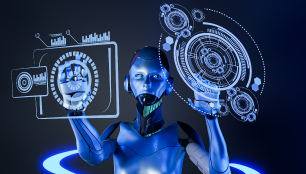
Artificial Intelligence & Machine Learning
AI&ML
Covid’19 has changed the learning perceptive and there is an immediate need to shift the teaching-learning process.
Read More
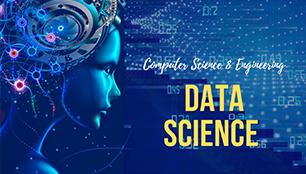
Computer Science Engineering (Data Science)
CSE(DS)
It offers its services in the form of consultancy and testing to various departmental and private agencies .
Read More

Computer Science and Design Engineering

Computer Engineering
CE
Computer Engineering uses principles from Computer Science and Electrical Engineering to create hardware (physical components)
Read More

Master of Business Administration
(PG Program)
MBA
The learning environment in the MBA department is infused with creativity and contemporary pedagogy.
Read More

Master in Computer Application
(PG Program)
MCA
MCA students are sufficiently groomed for industry readiness and students get excellent placement opportunities.
Read More
Key Recruiters
